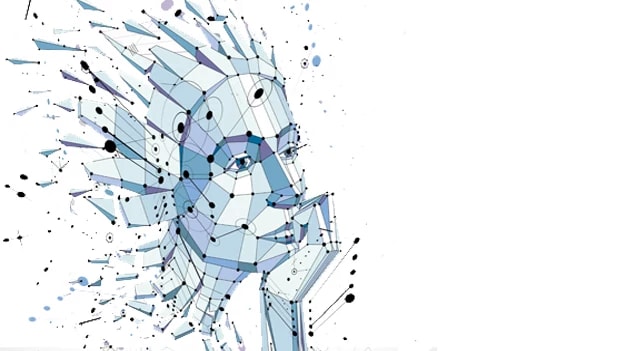Redefining HR Operations with AI

The discussion around using automation and artificial intelligence (AI) in HR tends to evoke a polarising response. While on the one hand, some are welcoming the integration of HR with intelligent tools, analytics, and AI; on the other, some are afraid that it will dilute the ‘human’ aspect of HR. However, the rapid adoption of intelligent tools and technologies in the domain warrants that we take a closer look at how AI-driven tools are helping core HR operations innovate and understand how they are preparing organisations for a hyper-connected future.
Recruitment
AI-powered tools have already started making their impact felt in recruitment and hiring. In addition to automating the repetitive tasks of scouting for resumes, screening social media profiles, scheduling interviews, or managing the candidate database, several organisations are relying on technology to help them choose the right candidate. The accuracy with which such tools identify and short-list relevant candidates has reached impressive levels in the last few years. Lately, organisations have also deployed tools that assess candidates based on preliminary video interviews as well. In addition to finding the right candidate in less time and making the recruitment process more efficient, AI also makes it more objective as it eliminates the biases of human judgement from the practice.
Learning and Development
By hyper-personalising the learning experience for employees, smart technology will practically do away with the classroom approach to learning and facilitate a participative, effective, and engaging training and development ecosystem. In addition to imparting the right training to the right employee through the right medium, AI-powered learning platforms also have assessment capabilities that help organisations measure the competence level of their employees, keep a track of the RoI, and even improve compliance. Furthermore, the accessibility of these tools through remote devices will further simplify the ease with which individuals will be able to use them. Imagine a Netflix-like platform, wherein an employee is recommended trainings and modules based on their skills and is assessed and certified instantly, with no human intervention.
Employee Engagement
The collection and analysis of employee data in order to identify the underlying trends in the workforce will be an indispensable part of the AI-powered revolution in HR. Intelligent tools and technologies will help HR leaders recognise people challenges specific to their organisation, implement relevant engagement strategies, and also measure the impact of the same. In other words, such tools will help assess the employee sentiment, identify potential red flags, undertake performance management objectively, and even help employees customise their benefits. Currently, while data collection techniques are aplenty, there is a dearth of expert data analysis and reporting tools that can help employers and HR leaders understand their workforce better. According to Deloitte , just about 8% of the organisations have usable employee data.
The state of current AI-powered tools and technologies
A growing number of organisations are experimenting with artificial intelligence and machine learning in core HR processes. These range from conducting automated interviews, assessing candidate suitability, automating the on-boarding process, gamifying and personalising training, measuring employee engagement, and increasing compliance. In addition to a healthy and growing marketplace that offers customised tools and products, several leading organisations have also developed intelligent HR-Tech solutions in-house; which is a testament to the growing acceptance of the importance of AI in HR. In the last few years, the promise shown by chatbots, intelligent learning platforms, and AI-driven recruitment indicates that the significance of AI in HR is set to increase in the future.
Nonetheless, roadblocks which need to be navigated with utmost caution exist. The discussion regarding collecting data, data privacy, and sharing of information is just getting started and it is only a matter of time till it becomes an integral part of the employee-employer relationship as well. Furthermore, in order to create a seamless experience for both the employee and the employer, machines should be able to interact with humans effortlessly, which is not the case currently. Thus, the biggest challenge then probably is the isolation in which these solutions are operating. In order for organisations and HR leaders to use AI-powered tools and technologies to their maximum potential, they have to be able to talk to each other.
To sum it up, the impressive inroads made by artificial intelligence in the domain of HR hold promise to revitalise the function and can help organisations manage their workforce much more effectively. One can expect the HR-Tech industry to increasingly use AI and related technologies in order to innovate further. The integration and consolidation of AI-driven tools and technologies, coupled with the progress made in Natural Language Processing (NLP) and improvement in data analysis techniques, will pave the way for a truly intelligent future of work. However, in order to harness the benefits of these technologies, organisations will have to set the ball rolling today.

















